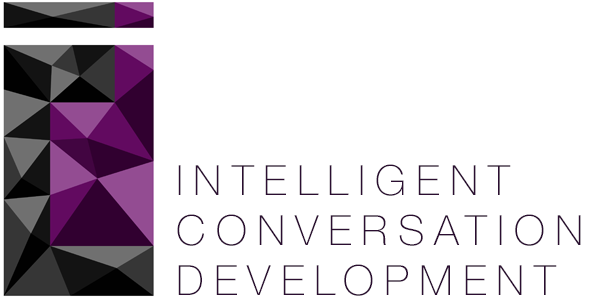Jump and I’ll catch you
I recently had the amazing opportunity to watch a stunning performances at Cirque du soleil. However something caught my attention besides the incredible acrobats…the way the performers interacted with each other as a team.
Do you feel supported in your industry?
While watching the springboard routine I was captivated by the unspoken connection and trust among the group. They were constantly re-arranging themselves to make sure the performers felt confident they could triple summersault and someone was there to stabilise them; then they would step down and allow another performer to shine while they became the support.
By having this trust and support relationship; the group was able to perform unthinkable stunts and achieved a mighty roar of applause.
Do companies promote this behaviour or do bonuses and commission prevent us from stepping in to support?
Humans are social beings. We want to build relationships, yet in organisations we forget that our co-workers and managers are part of our performing act. When one falls we all feel the bump.
But what makes a good team?
Why do some teams work well and not others? How can we create the most effective team?
Research psychologist Christopher Chabris explored the idea that teams have ‘Collective Intelligence.’ He found there were 3 key factors that effect a groups productivity and engagement; Equality, social and gender.
Chabris found that teams who contributed more equally in conversations had higher collective intelligence and performed better in group tasks than teams who had one or two dominant members.
“57% of projects fails due to a breakdown in communication”
It was also noted that teams with higher social sensitivity had higher collective intelligence than teams that were less able to understand others feelings and viewpoints. Neuroscience has shown that our brain processes social and physical pain in the same network (dACC and insular). This means social rejection has the same sensation as if you were smacked by one of your colleagues.
“67% of employees say friends are a reason to stay in an organization”
Not only does social pain feel like physical pain, but it also has a major impact on our ability to think; dropping our IQ by 25%, effecting our ability to reason analytically and increasing aggression.
However just as the pain network is activated by social and physical deprivations, the reward network is activated by social and physical pleasures; being treated fairly, recognition and sharing goals.
“Using collaborative language such as ‘together’ and ‘we’ meant groups work 48% longer and solved more problems correctly then other groups.”
Chabris’ third key factor illustrates how gender diversity impacts groups. Teams with more women outperformed teams with more men because of their ‘mindreading ’abilities (being able to see things from other perspectives).
So do we work as a team in organisations or are we just individuals within a large group?
Team building should be a crucial part of company training; to help us realize our potential and ensure our own roar of applause.
---------------------------------------------------------------------------------
What was your last team building or training day like?
What things did you take away from the day and how has it changed your organisation?
ICD are thrilled to be collaborating with Team Building with Bite. The combination of a communication course based around Neuroscience and the hands on building of an enrichment device for the safari animals is the perfect corporate training day.
Your take away from this course won’t just be a fun day out in beautiful surroundings, but you will have a deeper understanding of how communication impacts on your daily life and to top it off you get to see the animals interact with the product you made them as a team.
Heads on, Hands on!

